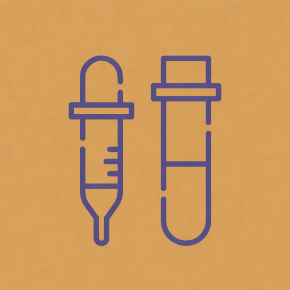Only registered users can write reviews
Customers who bought this item also bought
Testosterone Cypionate 250mg/ml 10ml ZPHC
Testosterone Cypionate is a long-acting injectable testosterone ester used to boost testosterone levels, support muscle growth, enhance strength, and improve performance—ideal for bulking cycles.
$50.00
ANAVAR 50 1ml amp [CanadaBioLabs]
Oxandrolone is a mild anabolic steroid that boosts muscle growth, strength, and fat loss, often used in cutting cycles with minimal side effects.
$45.00
TB-500 25mg ZPHC
TB-500 TB-500: peptide for faster recovery, reduced inflammation, and improved healing of muscles, tendons, and skin.
$159.00
Ligandrol 10mg
Ligandrol 10mg (MK-677) Ligandrol (LGD-4033) is a SARM that boosts muscle growth, strength, and fat loss with minimal side effects.
$45.00
RETATRUTIDE 60 ZPHC
Retatrutide Retatrutide GLP-1, GIP, and Glucagon receptor triple agonist Research focus: potent multi-receptor activation for enhanced weight loss, improved metabolic control, and appetite suppression. Once-weekly injection.
$339.00
Testosterone Enanthate 250mg/ml 10ml ZPHC
Testosterone Enanthate is a long-acting anabolic steroid ideal for muscle growth, strength gains, and enhanced recovery during bulking cycles.
$50.00



















![Show details for ANAVAR 50 1ml amp [CanadaBioLabs] Picture of ANAVAR 50 1ml amp [CanadaBioLabs]](/images/thumbs/0000467_anavar-50-1ml-amp-canadabiolabs_360.jpeg)



